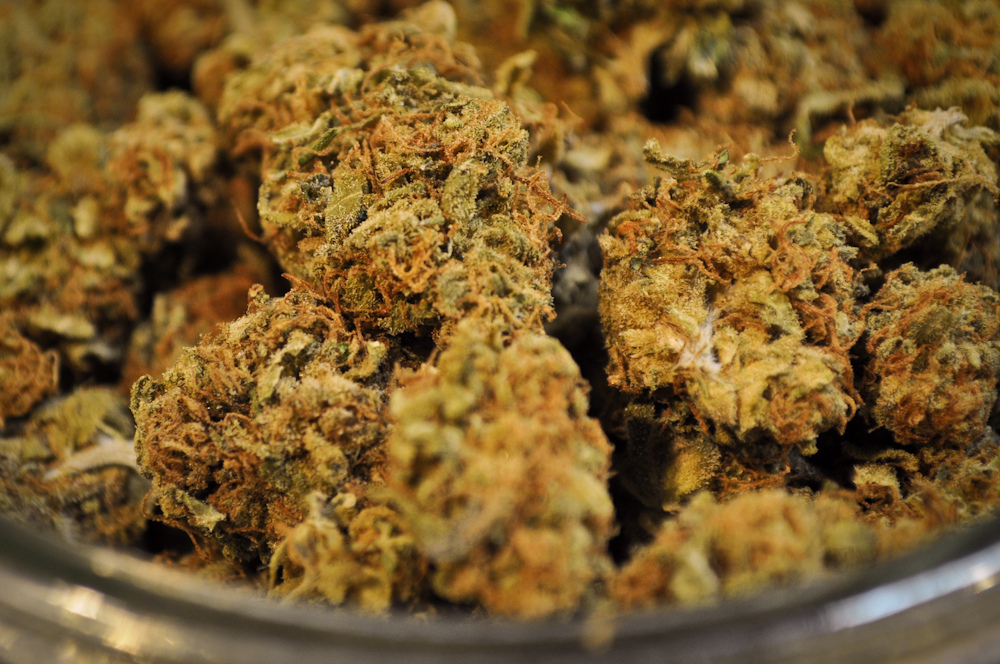The controversial federal spending bill passed by Congress last week grants historic support to industrial hemp cultivation and medical marijuana in states where such industries have been legalized.
The $1.1 trillion spending bill will block the Department of Justice from using funds to target medical marijuana businesses operating within state laws, and also will prevent the Drug Enforcement Administration from going after state-legal industrial hemp programs.
The measure to protect MMJ was originally passed by the House in May earlier this year. The move was meant to keep federal agents from undermining local medical marijuana businesses with taxpayer dollars during a time when the majority of Americans think the federal government should butt out of such state-legal MMJ operations. Many advocates wondered, however, how the measure would fare when introduced to the Senate.
“This is great news for medical marijuana patients all across the country,” said Rep. Sam Farr (D-CA), who co-authored the House measure with Rep. Dana Rohrabacher (R-CA). “This amendment protects patients while the federal government catches up with the views of the American people. Patients will have access to the care that is legal in their state without fear of federal prosecution.”
Rep. Rohrabacher was equally proud, and in a statement to the Huffington Post explained, “The enactment of this legislation will mark the first time in decades that the federal government has curtailed its oppressive prohibition of marijuana and has instead taken an approach to respect the many states that have permitted the use of medical marijuana to some degree.”
“This is a victory for so many, including scores of our wounded veterans, who have found marijuana to be an important medicine for some of the ailments they suffer, such as PTSD, epilepsy and MS,” Rohrabacher added.
President Obama has indicated he will sign the bill, despite several controversial political riders that were added at the last minute. One such attachment is Rep. Andy Harris’ (R-MD) highly-publicized attempt to block Washington D.C.’s Initiative 71, which voters passed during November’s midterm elections to legalize recreational marijuana in the District of Columbia.
These new marijuana policies will draw into question many ongoing federal prosecutions of MMJ patients and growers, such as the infamous and widely-publicized Kettle Falls Five case in Washington State. Numerous civil asset forfeiture cases against MMJ dispensaries in Berkeley, Oakland, San Francisco, and Orange County will also be affected. Advocates believe that these federal prosecutions will be ultimately derailed, and with their nullification so also goes the threat of future federal retaliation against the medical marijuana industry.
“For the first time, Congress is letting states set their own medical marijuana and hemp policies, a huge step forward for sensible drug policy,” said Bill Piper of the Drug Policy Alliance. “States will continue to reform their marijuana laws and Congress will be forced to accommodate them. It’s not a question of if, but when, federal marijuana prohibition will be repealed.”
Currently, more than half of U.S. states have legalized medical marijuana in some form or another. Meanwhile, eighteen states have legalized industrial hemp production and more than a dozen others have introduced legislation to address the issue. Four states and the District of Columbia have passed legislation to legalize recreational marijuana.
Sources:
http://www.huffingtonpost.com/2014/12/10/congress-blocks-feds-from_n_6302530.html
Photo Credit: Dank Depot
Get daily cannabis business news updates. Subscribe
End
